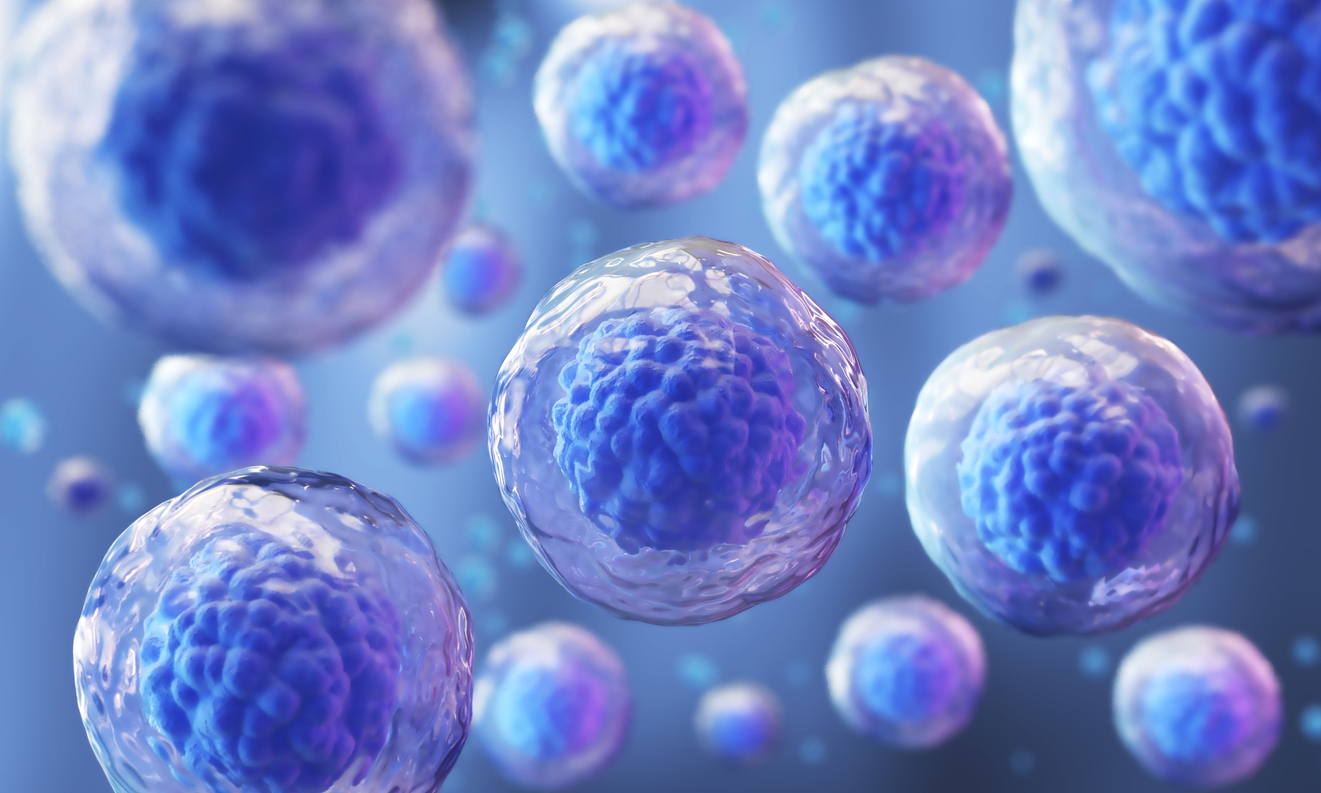Blog
Category: Technical
CAR Constructs and the Impact of CAR T Cancer Therapy
Updated on Jun 10, 2025 | Published on Feb 16, 2024 By Jason Ellis, PhD Share
Cancer continues to pose significant health challenges worldwide, affecting millions of patients each year. Its diverse forms and complexity often require a multifaceted treatment approach. Over the years, various therapeutic strategies have emerged, each bringing its own set of benefits and challenges. Among these strategies, adoptive cell therapy stands out as a promising approach. It involves the direct infusion of immune cells—primed and empowered to combat malignancies—back into the patient. …
What Is Clinical GMP?
Updated on Sep 5, 2025 | Published on Feb 16, 2024 By Jason Ellis, PhD Share
Good manufacturing practices (GMP)—are system that ensures products are consistently produced according to quality standards—is a concept most in the biotech industry are familiar with. But what exactly is clinical GMP? Clinical GMP specifically refers to the guidelines associated with products intended for human medical use. Unlike general GMP, which can pertain to various industries, clinical GMP focuses specifically on products intended for human consumption or application, ensuring that medical/medicinal …
Formula for Success: Preparing CAR T Cells for Infusion
Updated on Jun 10, 2025 | Published on Feb 15, 2024 By Jason Ellis, PhD Share
As modern medicine continues to advance, the battle against cancer is increasingly being fought on a cellular level—and CAR T cell therapy is at the vanguard. Chimeric antigen receptor (CAR) T therapy is a remarkable form of immunotherapy that harnesses the body’s cellular defenses. It has revolutionized the treatment of malignancies such as lymphoma and blood cancers. Yet, the success of this therapy relies on more than just the genetically …
Approved CAR T Cell Therapies Revolutionize Cancer Treatment
Updated on Jun 10, 2025 | Published on Feb 15, 2024 By Jason Ellis, PhD Share
The emergence of CAR T cell therapies is one of the most promising developments in cancer treatment. This revolutionary approach, which involves reprogramming a patient’s own immune cells to fight cancer, has garnered significant attention and hope in the medical community. The recent approvals of adoptive cell therapies mark a new era in oncology and our understanding of the immune system, offering fresh avenues for patients battling various forms of …
Understanding GMP Leukopaks
Updated on Sep 7, 2025 | Published on Oct 2, 2023 By Dominique Badea, PhD Share
Leukopaks are an essential tool across medical and research applications, providing a robust source of white blood cells in a much higher concentration than whole blood samples. A leukopak is an enriched apheresis product collected via leukapheresis. During the leukapheresis process, white blood cells are collected and enriched by the simultaneous return of non-target blood cells to circulation. They contain a high concentration of peripheral blood mononuclear cells (PBMCs). As …
Understanding GMP in Biotech Companies
Updated on Aug 20, 2025 | Published on Oct 2, 2023 By Jason Ellis, PhD Share
Introduction to GMP in Biotech Biotechnology sales require adherence to rules and regulations that protect both the companies and patients involved. These practices are commonly referred to in the community as GMP or good manufacturing practices. In the United States, these regulations are enacted and enforced by the Food and Drug Administration (FDA) to ensure product quality and safety. Also referred to as cGMP or current good manufacturing practices, they …
Fragile Immune Cells Require Gentle Handling
Updated on Apr 7, 2025 | Published on Sep 15, 2023 Share
Protecting cells during cell processing is a critical aspect of protocol design and development. Cells are fragile by nature, requiring specific and gentle handling to survive and optimally perform in their downstream applications. Some cells are more delicate than others and more prone to damage or cell death when exposed to stressful conditions. The Importance of Gentle Handling Handling cells gently is crucial to maintaining cell viability, morphology, and experimental …
Dead Cell Removal After Cell Separation
Updated on Sep 23, 2025 | Published on Jun 29, 2023 Share
Sample processing techniques like cell separation can potentially damage cells of interest and even decrease cell viability. Removing these dead cells before further clinical or research testing is important to reducing confounding downstream testing and results. In the case of leukopak processing, dead cell removal remains an integral step in preparing pure and high-quality cell populations. If dead cells are not properly removed from a sample, they can release toxins …
Dead Cell Removal Before Cell Separation
Updated on Sep 5, 2025 | Published on Jun 23, 2023 Share
The removal of dead cells from a cell sample is a critical component of cell separation and purification that can significantly improve the quality and purity of the final product. As techniques for cell separation continue to evolve, researchers are constantly seeking ways to improve efficiency. If left unremoved, dead cells tend to release cellular debris, which may lead to erroneous results and contamination of the final product. That’s why …
Counterflow Centrifugation
Updated on Sep 5, 2025 | Published on May 23, 2023 Share
What Is Counterflow Centrifugation Elutriation? Centrifuges are one of the most commonly utilized laboratory instruments, applicable for cell separation, purification, and harvesting. Counterflow centrifugation elutriation (CCE) is a liquid clarification technique that separates cells suspended in a solution by size and stage. This process operates based on the differing sedimentation rates of cells or particles of different sizes in a liquid medium under centrifugal force. CCE is a valuable method …











